This week at the Unwriter’s Blog, we’re going to discuss a
hot topic of writing. But to do so, we need to first take a trip to District
13, where Katniss Everdeen has learned of a rescue mission.
 “Finnick and I try to station ourselves in Command, where
surely first word of the rescue will come, but we are barred because serious
war business is being carried out. We refuse to leave Special Defense and end
up waiting in the hummingbird room for news” (174).
“Finnick and I try to station ourselves in Command, where
surely first word of the rescue will come, but we are barred because serious
war business is being carried out. We refuse to leave Special Defense and end
up waiting in the hummingbird room for news” (174).
This weekend, the long awaited penultimate installment of
the Hunger Games films opened: Mockingjay—Part
1! I’ve been looking forward to seeing this movie for as long as everyone
else, and it was everything I could have hoped for!
I’ve been a longtime fan of both the books and the movies,
and especially so since the books are written in the first person present point
of view. This means the story is told from Katniss’s point of view as she’s
living through the story. Any action scene or event that we readers get to see,
we see through Katniss’s eyes. And this choice—the author, Suzanne Collins’s
choice—to tell this story through Katniss’s eyes only, presents quite the conundrum
in this month’s blockbuster film.
You see, in one pivotal chapter of the series’ third book (Spoiler alert!), Katniss sits in
District 13, awaiting word that a rescue mission to free Peeta and the other
victors held captive in the Capitol has returned successfully.
“Making knots. Making
knots. No word. Making knots. Tick-tock. This is a clock. Do not think of Gale.
Do not think of Peeta. Making knots. We do not want dinner. Fingers raw and
bleeding. Finnick finally gives up and assumes the hunched position he took in
the arena when the jabberjays attacked. I perfect my miniature noose. The words
of ‘The Hanging Tree’ replay in my head. Gale and Peeta. Peeta and Gale.”
The book, staying true to the first person point of view,
keeps us with Katniss as we watch her anxiety build, as she tries to distract
herself, waiting for the mission’s return. The movie, however, shows this scene
in action since it’s such a wonderful opportunity to create tension for the climax
of the movie—not to mention to use a bunch of special effects. So how did they
pull it off, knowing that it wasn’t told in the book?
Simple. Katniss watches.
We need to perceive this story through her eyes, so the only
way to show the scene in all its Hollywood glory, is to let Katniss watch it
unfold as well. It’s how Hollywood adapts point of view to the big screen.
But it begs the question of the importance of point of view.
My initial interest in seeing the Hunger Games movies (beyond being a total
fangirl), was to see how they were going to present the story through Katniss’s
eyes. For example, in the first movie, there’s an excellent scene where Katniss
is stung by tracker jackers, a vicious wasp-like creature whose venom create
frightening hallucinations in those who are stung. The movie does an excellent
job of staying in Katniss’s point of view by warping the cinematography to show
what her blurred and delusional vision must look like. It’s a beautiful
expression of first person on screen. But movies don’t normally have the
limitation of one point of view, so they get to jump around whenever they like.
They can show the hero training and then jump over to the villain’s lair to see
them plot their attack. By keeping the protagonist in the dark, viewers feel
tension and suspense. But when a story is told in first person, we never get
the opportunity to see the villain, or any other subplot, play out. To make
sure they had their final action scene, Mockingjay’s
screenwriter’s had to bring Katniss into the room so we could keep the story in
her point of view.
It makes perfect sense for Mockingjay—Part 1 to bring Katniss into the scene to watch the
rescue mission. But it wasn’t in the book. And it wasn’t in the book for a
reason. What, then, does that tell us about telling a story in first person?
In short, it means that Collins wants us to love Katniss
more than any other character. It means that despite the temptation to write
the scenes we love to write—action scenes—this is still Katniss’s story, and
our job is to watch Katniss live through it. It becomes more important to watch
Katniss become anxious and stressed than to break away from her eyes and see the
rescue mission. It becomes more important to watch her distract herself. Find
out what she’s willing to do on her end to ensure the rescue is a success. It
becomes more important to feel Katniss’s emotions with her, than to feel Gale’s
conflict, Bogg’s determination, and Peeta’s gratitude. It ensures that we know
that Katniss is the center of the story.
Collins is willing to sacrifice the thrill of the rescue to
secure Katniss’s place in our minds. She’s willing to give up the chance to
show emotions from other characters or a chance to see what the Capitol
currently looks like. Because Katniss can’t know. She can’t know what’s
happening in the Capitol or what Gale is really thinking.
We want to know. Anyone who swoons over Gale or has fallen
in love with Peeta wants to be there, rescuing him. But Collins won’t let us.
She’s willing to upset us to keep the integrity of her story alive. She’s
willing to let Katniss look whiny, selfish even, to protect her story.
As writers we need to embrace this same commitment to our
story. We all have complicated stories to tell. We all know the backstories,
the side stories, the subplots. We all have opportunities to show parts of our
story that would be really exciting. But the question to ask ourselves is—is it
necessary? Is the scene vital to our story? Or is sticking with our character
more important? What are we willing to sacrifice to keep our story focused?
The answer to that question must trump any desire you have
to show off those scenes that might taste delicious, but add only empty calories
to your novel.
“It must be midnight, it must be tomorrow when Haymitch
pushes open the door. ‘They’re back...’” (175).




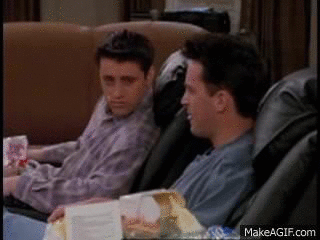
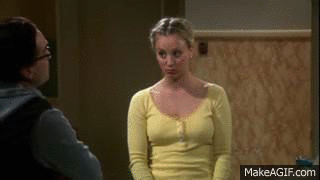
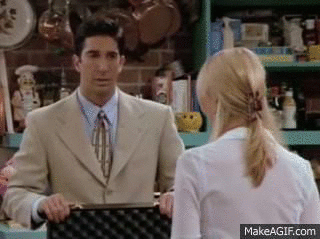
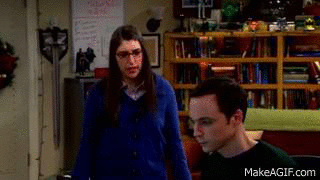

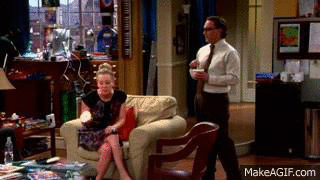

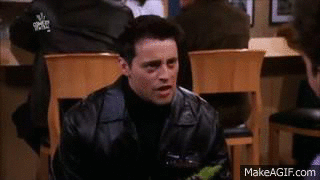
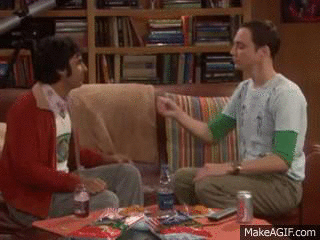
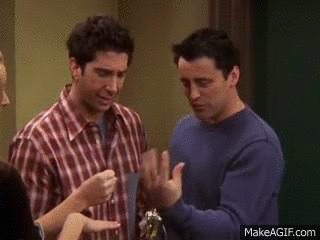
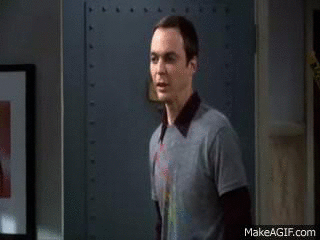
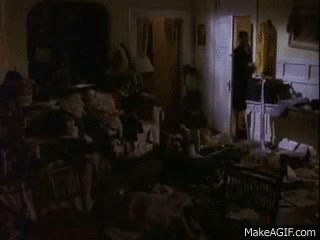
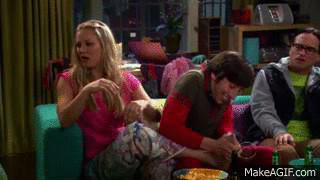
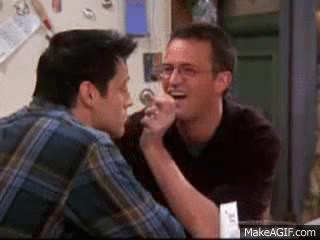
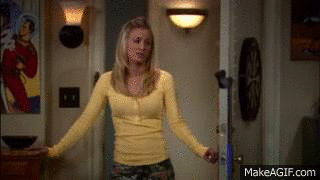
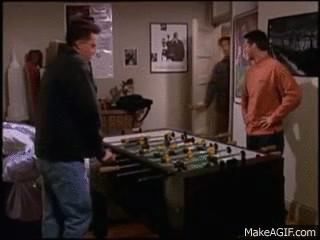












.JPG)
.JPG)
.JPG)
.JPG)
.JPG)